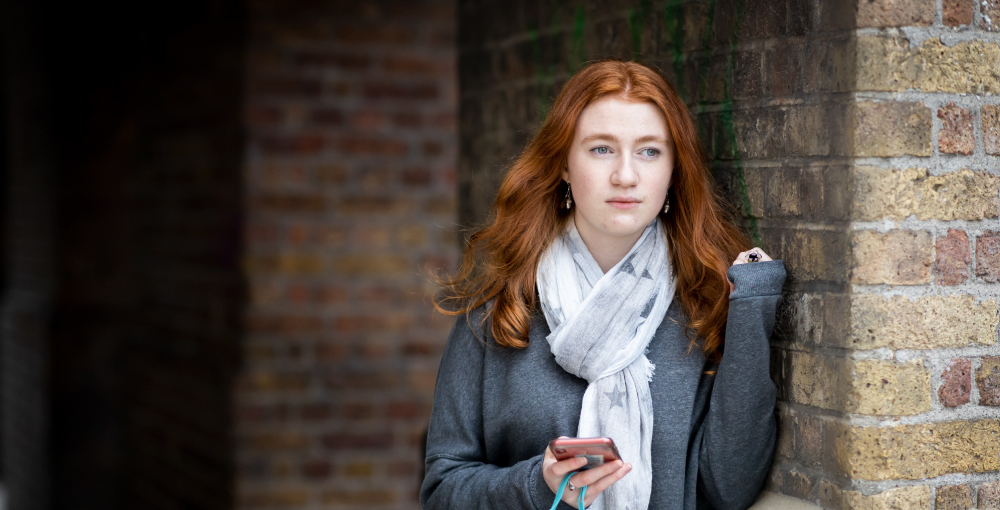Alcohol and pregnancy
Confused about what you can and can't drink when you're pregnant? Read on...

Boozing during pregnancy carries significant risks. Because alcohol can cross the placenta (the interface between the mother and the unborn child). This means that the foetus effectively gets a shot of anything the mother might drink, at a time of critical brain development – especially the first three months.
Alcohol Concern advise that women who are pregnant, or trying to become pregnant should not drink more than one or two units of alcohol, once or twice a week. At the same time, experts warn that pregnant women who regularly drink six or more units a day risk giving birth to babies with serious birth defects.
Foetal Alcohol Syndrome (FAS), Foetal Alcohol Effects (FAE) and Alcohol Related Birth Defects (ARBD) are all names given to a range of disorders in babies whose mothers consumed alcohol during pregnancy. It is argued that genetic background, physical health and environment may also contribute, but maternal alcohol use is regarded as the primary cause of the following symptoms in infants:
- Low birth weight;
- Abnormal facial features (small upper lip, nose and jaw, contracted eyelids);
- Smaller heads and brains;
- Poor coordination and slow development;
- Malformation of the heart and other organs;
- Mental retardation and behavioural problems.
According the National Organisation on Foetal Alcohol Syndrome, an average of 26 babies a week are born in the UK showing one or more of the above symptoms – all of which are permanent.
The bottom line is that no amount of alcohol consumed during pregnancy is known to be safe. The odd glass of wine is fine, but if in doubt steer clear.
Photo of pregnant woman and wine by Shutterstock.
Next Steps
- Chat about this subject on our Discussion Boards.
By
Updated on 26-Jan-2023
No featured article














